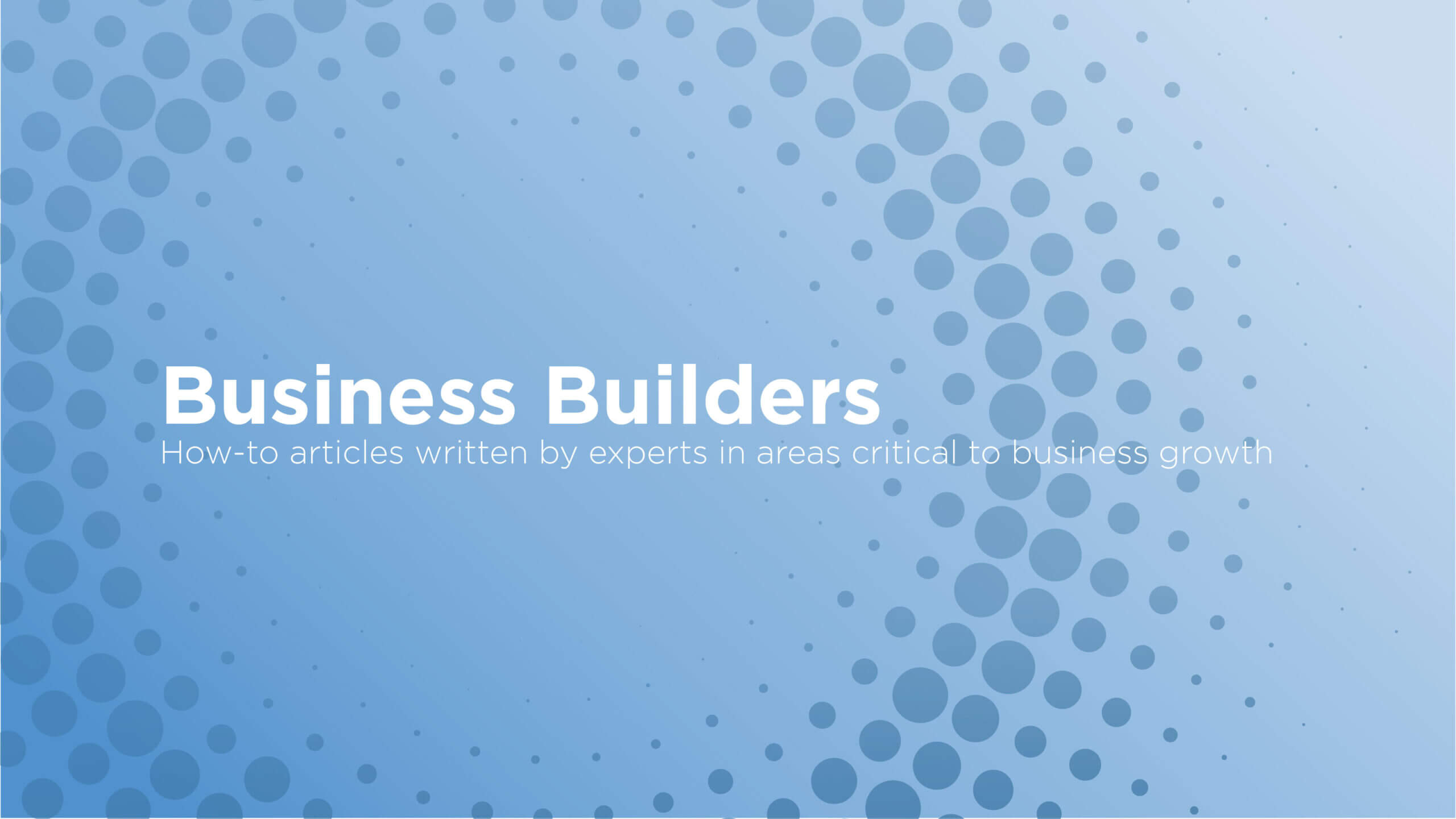When Adrian Coulter, founder of XL Feet, participated in the Upsize Growth Challenge in 2014, his goal was reaching $1 million in sales.
Mission accomplished.
Growth has come steadily in the five years since he took part and much of it, he says, has been a result of more efficient systems. Previously, Coulter says, every time there was growth, the increased workload fell on him. When he hired a part-time person to help with invoicing, bringing in bar code technology and other inventory management tasks, it improved the company’s processes and freed him to do other things.
“That enabled us to pick, pack and ship way faster,” Coulter says of the new barcoding system. “And it allowed us to start using a bar code scanner during that process, which pretty much eliminated the possibility of shipping the wrong item to the wrong customer. That was a game changer for us.”
Another area of growth for XL Feet is the sale of large-sized socks. He’ll give away a pair to new customers and those folks frequently revisit.
“I jokingly tell people I’m waiting for the [Drug Enforcement Agency] to break down the door and raid the place because these things are selling like drugs,” he says. “Ninety percent of the time they get hooked. They cannot believe how comfortable it is to have socks that fit. They just keep coming back and coming back.”
While growth is steady, Coulter, who started the company with no formal business training, acknowledges he’s also learned some tough lessons along the way about reading the fine print in contracts and about avoiding cost overruns because he thought he could start and complete projects in unrealistic time periods.
“You can’t just stop running your business even though you need that software or that thing built,” he says. “But, at the same time, you need that software. … You have to be really careful.”
Coulter looked back at his experience participating in the Growth Challenge with appreciation. He took some of the advice he was given. For example, the company has established and regularly updates a blog aimed at establishing XL Feet as the expert on large-sized footwear, though he chose to brand it after the company’s name, not himself.
“I’ve noticed with a lot of other companies that they’ve shifted away from having a spokesperson and focused more on just building the brand,” he says. “Humans are fallible. It’s easy in today’s news cycle that somebody could be crucified in the media and if the brand is attached to that person, there goes that brand.”
Other advice he did not take. Some suggested he close the St. Paul brick-and-mortar store to focus on building the business solely via the web. The website has improved dramatically, but the store isn’t going away, for multiple reasons.
One, he likes the ability to build expertise through interacting with customers in the store. Two, and perhaps more importantly, the brands he sells require him to maintain a physical store.
“Unique to my industry, and becoming more common in other industries, I am required by many of my brands to have a brick-and-mortar presence,” he says. “If I end the brick-and-mortar, I will no longer be able to sell my top accounts. … That would be a business-ending decision.”
In fact, he remains interested in opening additional locations, though the strategy has changed a bit. If he does, the new locations would actually be fulfillment centers with a store attached.
“That’s years down the road,” he says. “We’ve been working on making things more efficient out of this location.”
At present, XL Feet offers around 50 brands, up from around 35 in 2014. Among the most popular are Dunham, New Balance and Carolina. The big three shoe makers – Nike, Reebok and Adidas – are not among them, but Coulter is fine with that. Their sizing is different than most other brands, which complicates Internet sales, he says.
Although people have driven long distances to try on his footwear, he says the vast majority of his business comes from the company website. And he has to pay for shipping when customers return their purchases, cutting into his bottom line.
Coulter’s company is still small, but it’s growing. He’s exploring third-party fulfillment, which could lead to substantial growth. He has three full-time employees and one part-timer with plans to add a couple more positions.
And he maintains the initial enthusiasm he had in starting his own business. He finds exciting the ability to create jobs that allow for his employees to experience success. Two of his colleagues recently bought new cars, something Coulter found rewarding.
“It’s really exciting that I was able to make an impact on someone’s life,” he says.
Contact: Adrian Coulter is founder and owner of XL Feet: 651.797.6000; customercare@xlfeet.com, www.xlfeet.com






